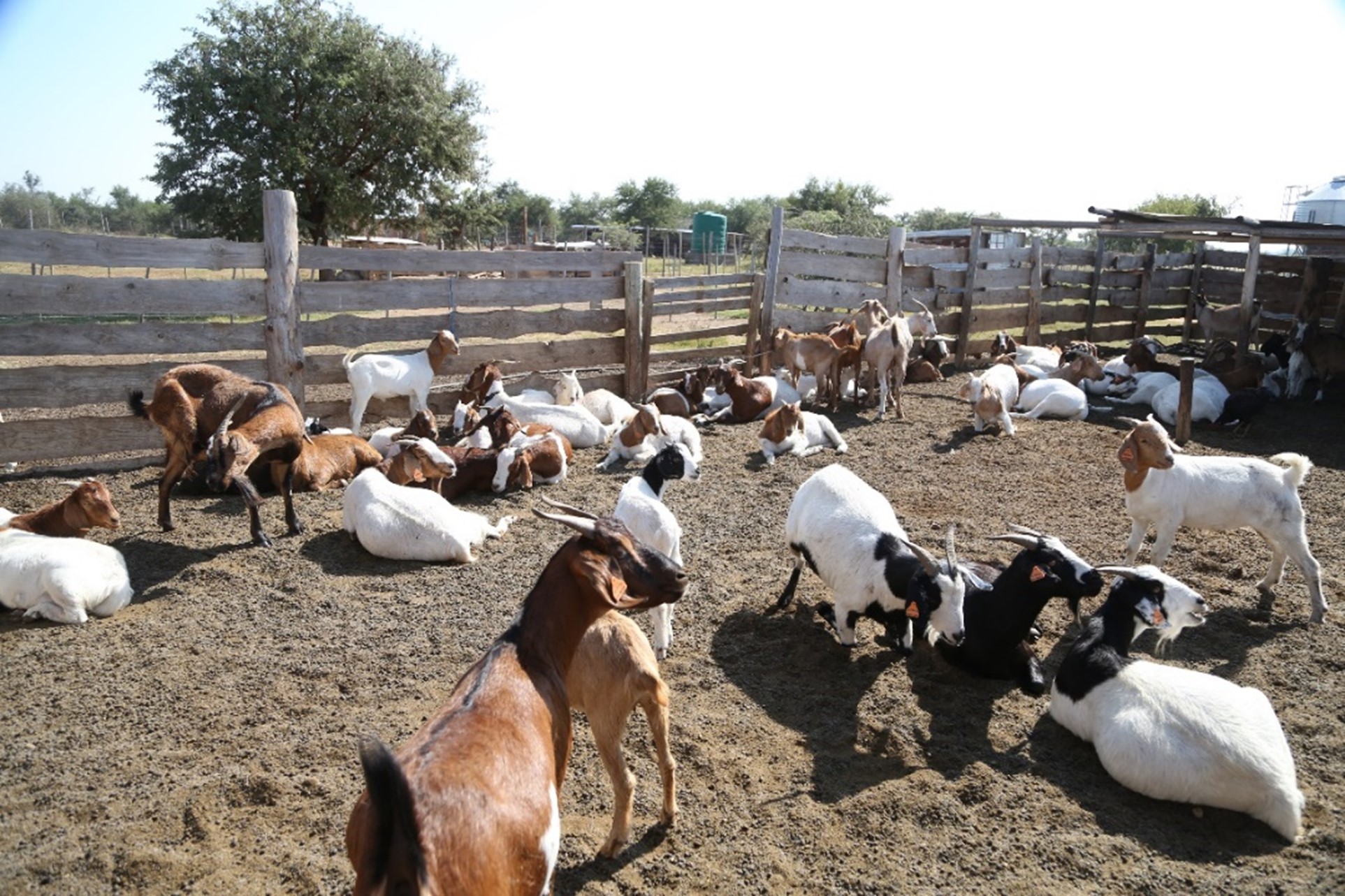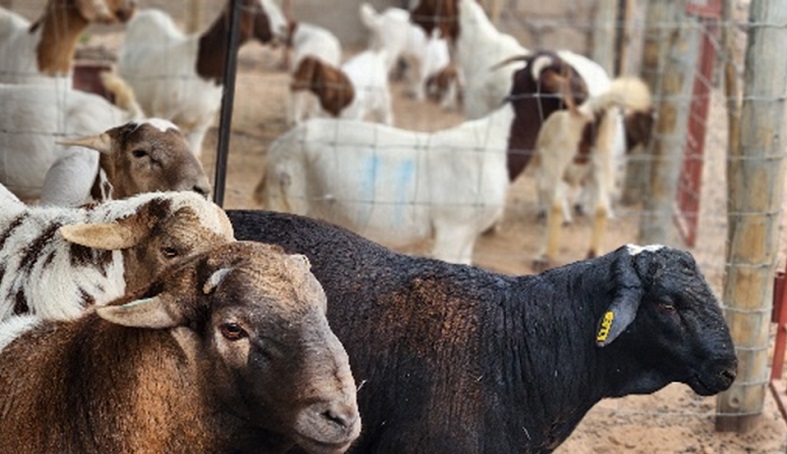By Maphuti Machabaphala

Nutrition is part and parcel of keeping a wellbeing of an animal.
Limpopo Department of Agriculture and Rural Development (LDARD) hosted farmer’s days at separate areas: the Kutnics farm, Oldlongsine, Blouberg Municipality and Sebora village, Mashashane both under Capricorn North western District.
The events sought to improve the breeding for production of quality livestock to meet the global markets.
It all starts with the effective management of livestock. The systematic approach requires farmers to have record keeping in place. Thus, where a farmer will record an animal from birth to breeding age which will help with the comparisons when it comes to selection, birth, weaning and mature weight.
A farmer must have production and reproduction records that will contain information on identity of an animal, sex, birth date and weight. Another aspect is the management of natural resources such as the carrying capacity of the grazing area, water, and soil. With reference to nutrition, Andries Rapholo has indicated the importance of feeding which he said is paramount to the wellbeing and development of the herds and for improvement of genetics. He continued that feeding of livestock determines the outcome of the lifecycle and birthrate of the herd, ultimately improving the financial gains of the farmers as the animal’s birthrate increases for more market consumption and sales.
Rapholo further made assertion that nutrition of the livestock should be a priority and must align to the different seasons because supplements may be a viable option for either dry or wet seasons depending on the breed of their herds, and the conditions of the environment they are located in.
With regard to animal health, Dr Godfrey Ramaselela emphasised the importance of always follow the instruction contained in the medication to avoid either underdosing or overdosing. He further demonstrated on the correct use of the weight belt on livestock which will give guide to the better administration of the dose in relation to weight. He mentioned that medication like Terramycin is ideal for common diseases such as pneumonia, foot rot, and stomach bugs and for other infections including pink eye.
Also, when it comes to needles used for injecting the different livestock, there are reusable and non-reusable needles, and they come in different sizes for different purposes. He advised farmers that before injecting the livestock, ensure whether the medication is for deep intramuscular or subcutaneous injections to avoid negative aftereffects on the animals like limping, swollen skin around the injected area and paralysing the animals.

Feeding of livestock determines the outcome of the lifecycle and birthrate of the herd, ultimately improving the financial gains of the farmers.
Farmers should also remember to consult local veterinary.
Lastly, livestock must have its register book that keeps details of animals, sales, losses and deaths, and the breeding register that involves animal breed, number service / mating dates, calving date as well as treatment or vaccination register containing animal number, condition or suspected disease, name, date and amount of drug/vaccine and route administration. Having all mentioned aspects in place can surely put farmers’ livestock on competitive advantage.
In conclusion, Martha Tsheola made additional information about farmer support programme that farmers can access in the department. She enlightened the farmers on how to properly align their enterprises with the distinct programmes, initiatives and competition requirements that the department facilitate to be viable enough for selection.
On the other hand, Folang Health Centre took health and wellness talk to farmers during livestock information day held at Sebora village. Farmers were encouraged to undergo regular check-ups for their own personal health to identify illnesses and allow early intervention. They have been taken through the various stages of tumour initiation, tumour promotion, malignant conversion, and tumour progression.


